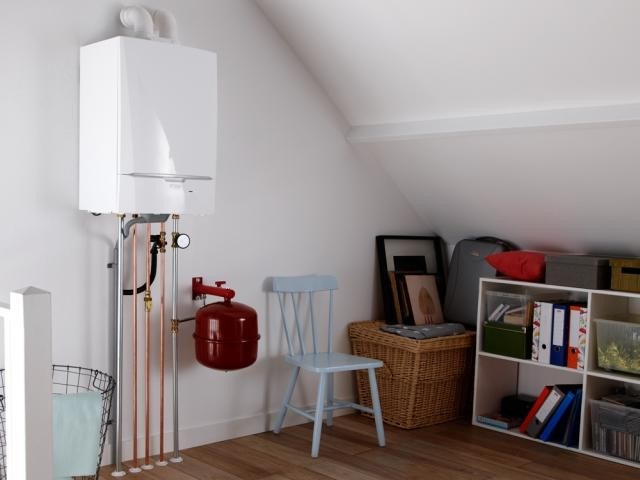Belgium’s homes still have far too many central heating systems running on oil and gas, with around 200,000 boilers due to be replaced this year, according to an opinion published by the Belgian Association for Thermal Technicians (ATTB).
The association is calling for a low emissions zone to be created for old heating systems, on the model of the LEZs introduced for road traffic in Brussels, Antwerp and Ghent. Some two million central heating systems need to be replaced to reduce carbon dioxide emissions, but according to current trends, that is not going to happen quickly.
This coming year, some 200,000 homes are expected to renew their heating system, about the same as last year. Those will continue to run on fossil fuels – roughly 25% heating oil and 75% gas. That compares to only 8,000 heat pumps, a more environmentally friendly method of heating.
“This is mainly about people who replace their existing boiler or renovate their home, and opt for another central heating boiler,” explained Emile Vandenbosch of the ATTB. “Someone who is doing a thorough renovation might decide to switch over to a heat pump, but that’s not always possible. For someone living in an apartment, a new boiler is often the only option.”
Meanwhile heat pumps are seeing healthy growth – 10% between 2018 and 2019 – but not enough to meet the targets set out by Flemish energy minister Bart Tommelein. That would require the installation of 8,900 heat pumps a year. To help encourage growth, Tommelein has increased the premium Flanders will pay to anyone installing a heat pump, to 40% of the total cost.
In the field of solar-powered heating, the association notes major regional differences.
“In Wallonia the market has completely collapsed, after the conditions for receiving a premium were strengthened three years ago,” Vandenbosch said. Wallonia and Brussels together only account for about 15% of the market.
“In Flanders, on the other hand, things are going relatively well. In 2016 there were about 40,000 square metres of solar collectors installed, equivalent to about 10,000 new installations.”
The association is now calling for government to step in and introduce a sort of low emissions zone for heating boilers.
“The heating of our buildings creates almost as much pollution as the traffic, and in the winter period even more,” the ATTB said. Why then are there no low emissions zones brought in? If our politicians are so concerned about air quality that they present tens of thousands of car owners with strict demands, then surely the replacement of old heating installations ought to be a top priority.”
Alan Hope
The Brussels Times

